
We all love to travel. However, have you ever thought about what impact that has on the communities you visit, the natural environment around you, or the greater aspect of carbon usage worldwide?
We’re on a journey. A journey to being a more responsible travel company, where we can improve the environmental and cultural impact we have on the world, and we’re going to bring you on that journey with us.
It doesn’t have to be scary, as there are small things we can all do that makes some difference. We have outlined five different areas where you can make a difference: being culturally aware, being carbon conscious, avoiding waste, saving water and protecting the environment.
Over the coming months and years, we’re going to update our Responsible Travel plan. This is just the start!

BEING CULTURALLY RESPONSIBLE

RESPECT LOCAL CULTURE
Before you go, it’s best to research and understand the local culture, dress code and values. Although the world has become incredibly accessible, we must respect and uphold different beliefs and ways of life. These may be very different to what we’re used to at home.

HIRE A LOCAL GUIDE
There is nothing like a local to get you to the heart of the community, giving you the best insight into their lives. You’ll be able to experience it, just as they do. Additionally, when you book a local guide, you are contributing to the local economy.
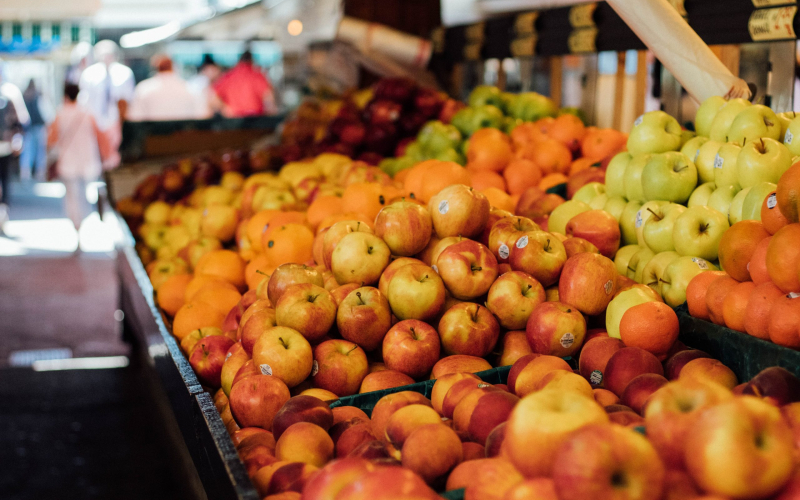
SHOP & EAT LOCALLY
Try and find locally sourced food, especially seasonal produce you might find in local shops and markets. Large chains will probably source food internationally with high food miles. The same applies to restaurants, try and eat local, as you’re more likely to find both tasty and locally sourced food.

INVEST IN LOCAL COMMUNITY
We recommend investing in the community you’re visiting, which will not only improve your experience but the lives of those who live there. It can be very simple like taking basic supplies, to volunteering in community projects.
BEING CARBON CONSCIOUS
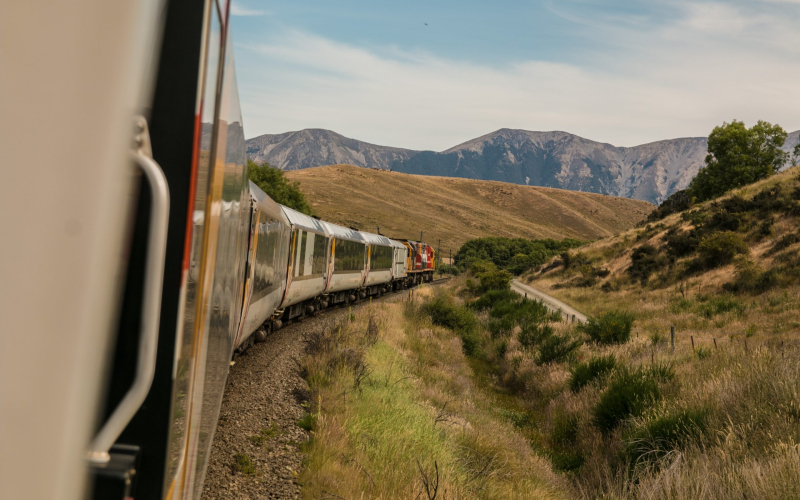
SLOW TRAVEL
Although it might not always be possible, we suggest taking longer, more involved travel experiences, rather than lots of short ones. Longer trips, especially when travelling overland use far less carbon and has less impact on the environment.
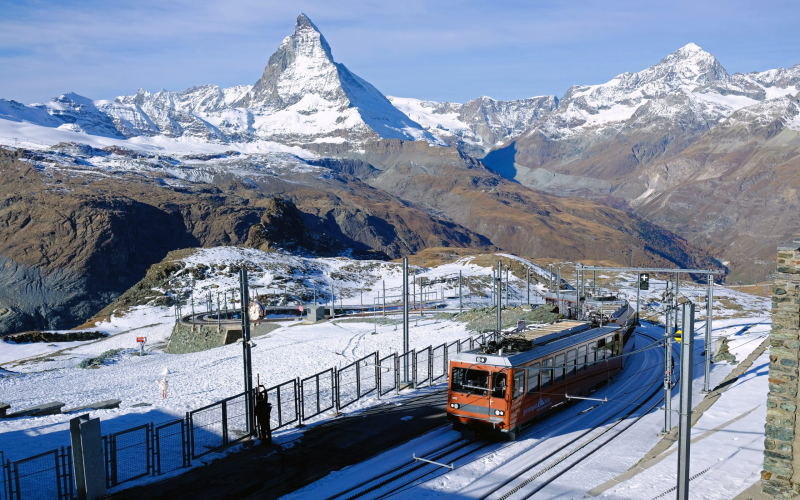
EMBRACE RAIL
Travelling by rail isn’t just a great way to see a country, it can also reduce your carbon footprint of your holiday. There are a number of places where trains are widely used – especially in western Europe, parts of America, Asia and Australia.
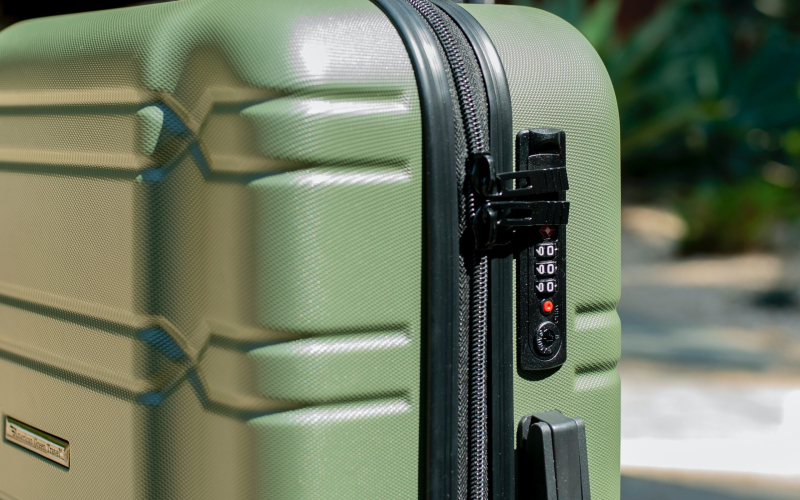
TRAVEL LIGHTLY
You don’t have to take the kitchen sink away with you, after all more weight is more fuel you’re likely to consume. Especially on a long trip, consider booking an apartment with laundry facilities, instead of taking more clothes.
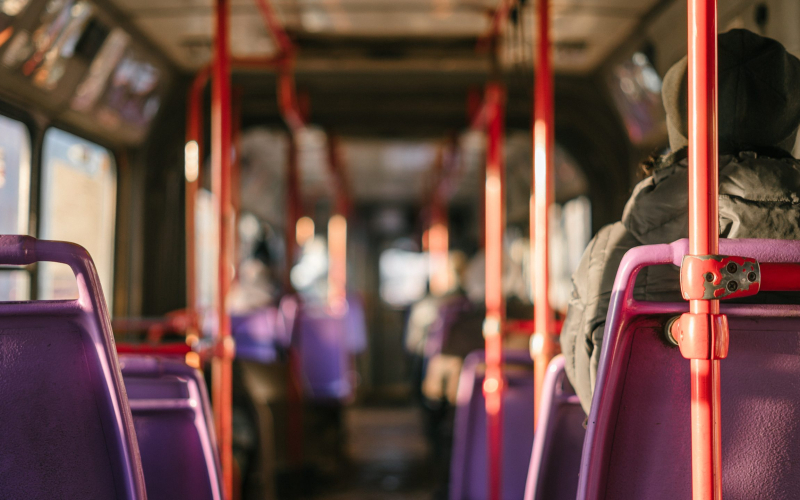
LOCAL TRANSPORT
Consider using local buses, trams, monorails or hire bikes in your location to improve your experience. Most places will at least have a bus service, and an increasing number of these are run sustainably.
AVOIDING WASTE & SINGLE USE PLASTIC
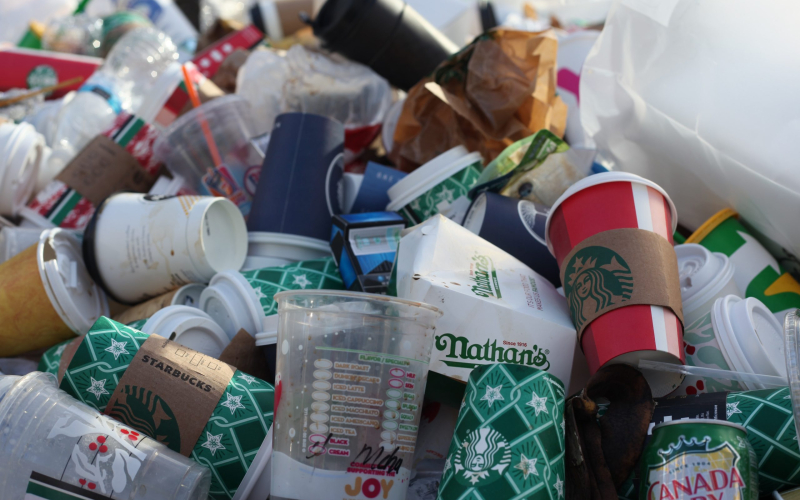
PACKAGING
We recommend leaving any packaging at home before you travel, where hopefully you’ll be able to recycle it. If you do acquire waste packaging abroad (especially if you’re self catering), find out about how locals recycle.

TURN OFF APPLIANCES
Appliances that are left on standby mode still consume energy. When you’re not using them, consider turning them off completely, which also save money.
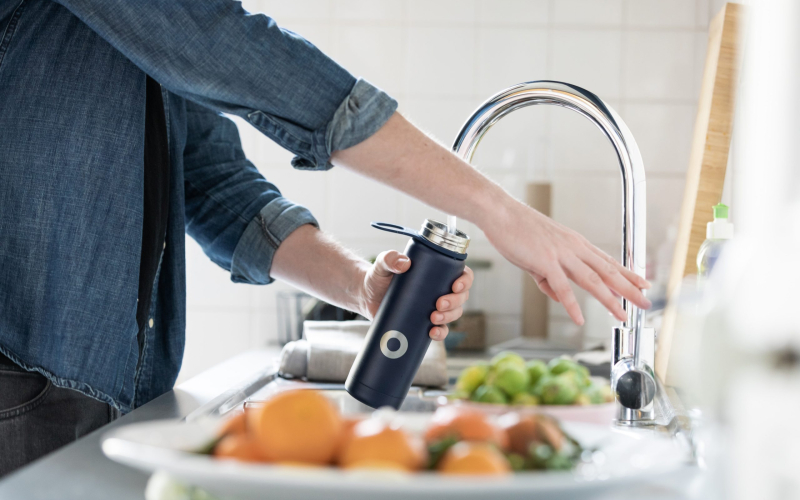
TAKE A REFILLABLE WATER BOTTLE
Reduce the amount of single-use plastic you use by taking a refillable water bottle with you. At airports you’ll be able to refill it after security, and use a larger bottle when abroad to reduce plastic waste.
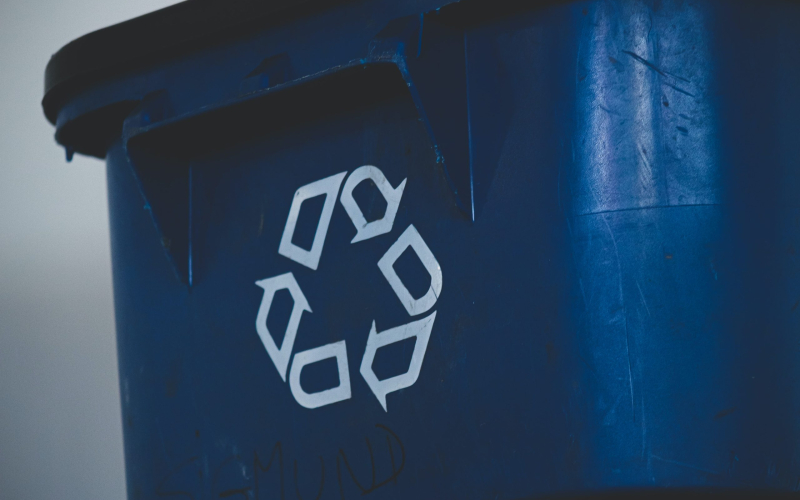
RECYCLE
Are you able to recycle in the hotel you’re staying? They may have recycling schemes on site you might not be aware of, or the location you’re in may have a municipal where you can recycle plastic or card.
PROTECT THE ENVIRONMENT
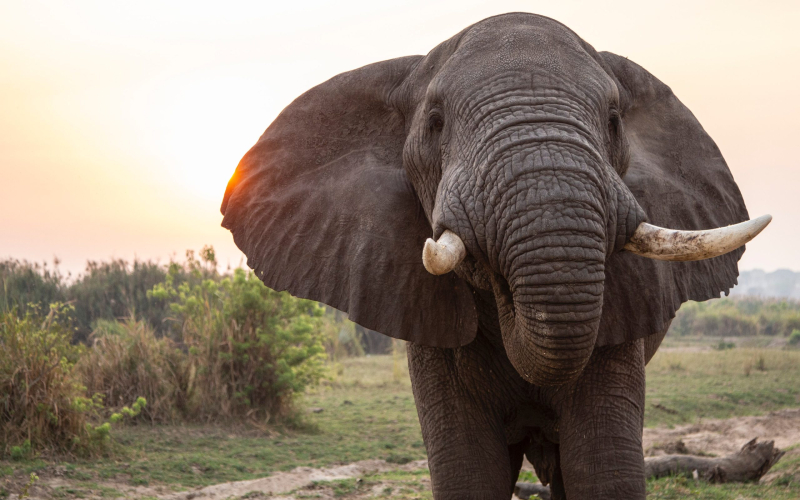
AVOID ANIMAL CRUELTY
Avoid attractions where animals may be exploited. If you see animals performing outside of their natural habitat, it’s probably something you wouldn’t want to support.
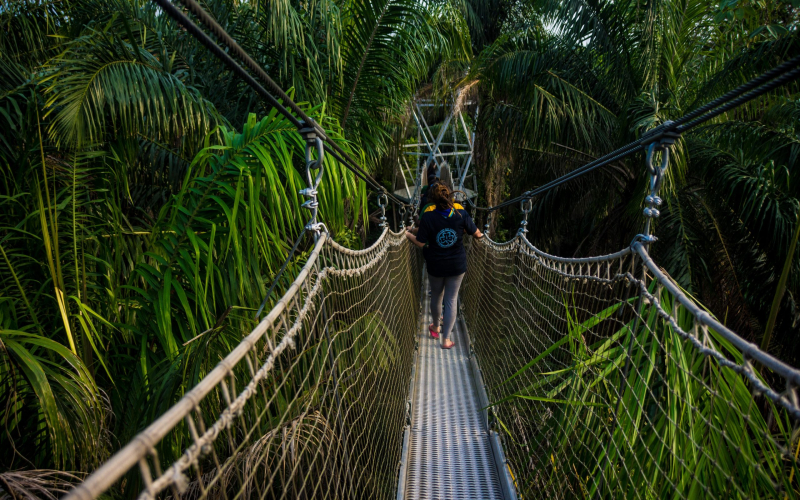
CONTRIBUTE TO CONSERVATION PROJECTS
Around the world, there are hundreds of wildlife conservation projects. You could incorporate one of these into your itinerary, as there is usually a charity or volunteering programme somewhere near where you are staying.

SUPPORT LOCAL COMMUNITY PROJECTS
We would always recommend supporting local community projects, this could be something simple like school or medical centre, or a larger cultural project maintaining a way of life.
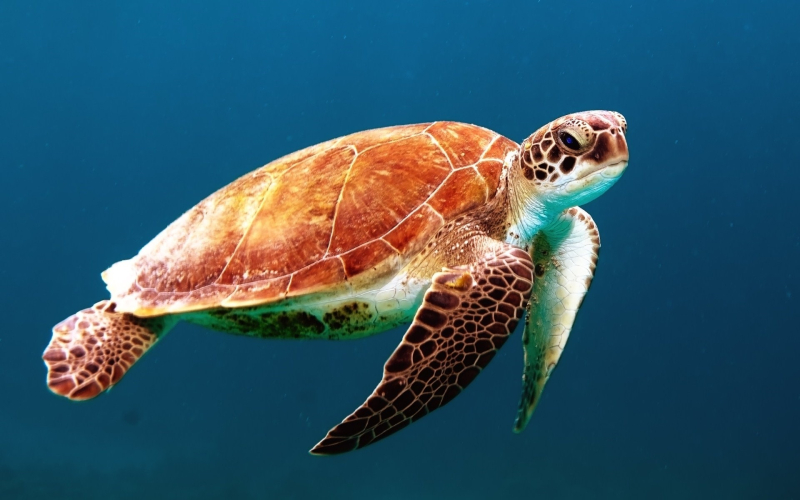
DON’T BUY GIFTS OF ENDANGERED ANIMALS
The illegal trade in wildlife is a huge industry, and we would recommend being careful when purchasing locally-produced animal souvenirs as it could fuel this trade. If in doubt, don’t buy it.
SAVE WATER

KEEP SHOWERS TO A MINIMUM
Water is a precious resource in many places, so it’s advised to reduce our consumption as much as possible. An easy way to do this is to keep showers as short as possible, especially where water levels are low.

DON’T CHANGE BEDDING DAILY
Many hotels now give you the option of changing bedding daily. Take them up on this option, as it’s unlikely you’re going to need it changed everyday (given it’s unlikely you would do that at home anyway), reducing water and energy consumption.

UNDERSTAND LOCAL WATER USAGE RULES
Understand the rules of where you are travelling to. There are some destinations which have restrictions on the use of water at certain times of the year (and even certain times of day), with the need for rationing at particularly difficult times.

LEAVE NO TRACE
Although it might sound obvious, it’s best to leave somewhere exactly how you found it and to have as little impact on the natural environment as possible.

As a company, we have taken several different routes in how we operate as a business, and what we do for our own travel. This encompasses everything from the increased use of technology, to lower carbon methods of transport and our commitment to recycling more of our waste.
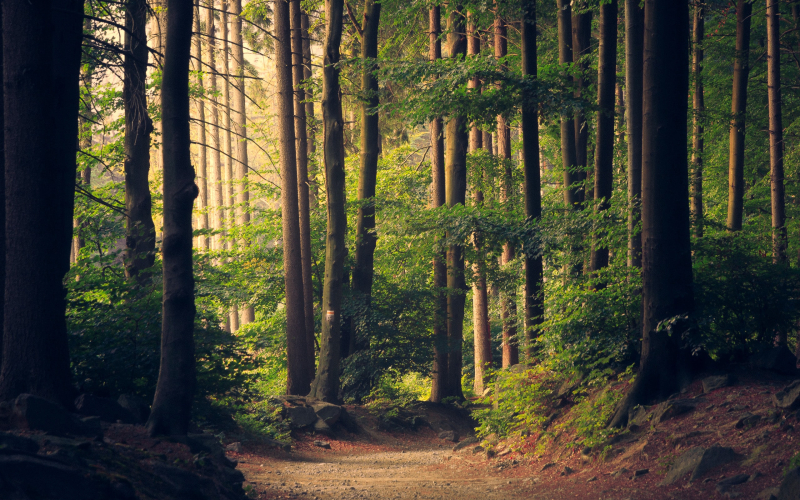
CARBON OFFSET
For our own travel, we choose airlines that have integrated carbon-offsetting schemes and are investing heavily in either sustainable aviation fuel or alternative methods of propulsion such as hydrogen.

PAPER REDUCTION
We have substantially reduced the amount of paper we use within the office, and recommend that as much as possible can be done electronically. Where we can, we use apps to store boarding passes and important documents we need to travel.

ELECTRIC CAR
We have our own electric car, in which we encourage our landlord to invest in a charging port for us. This lowers our carbon emissions substantially on our daily commute.
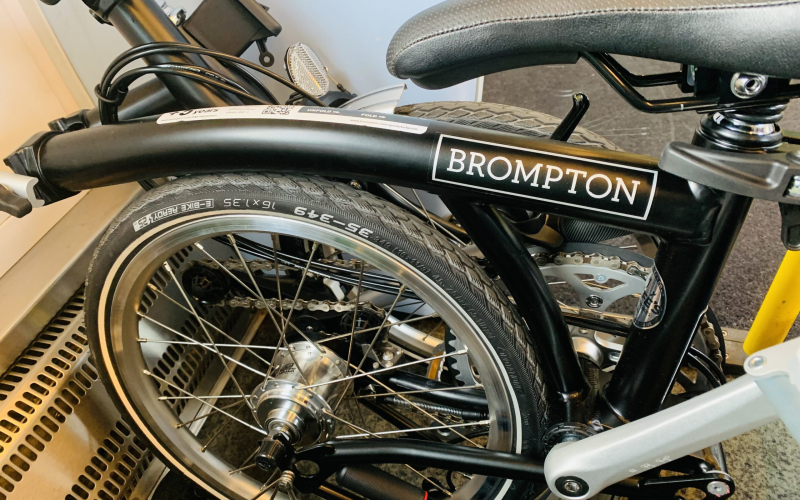
CYCLE TO WORK SCHEME
In 2021 we set up our own Cycle to Work scheme, encouraging the use of bicycles in the office. For example, Ashley has a Brompton he uses to get to/from the office (more likely in the summer), mainly due to the storage space in our office.
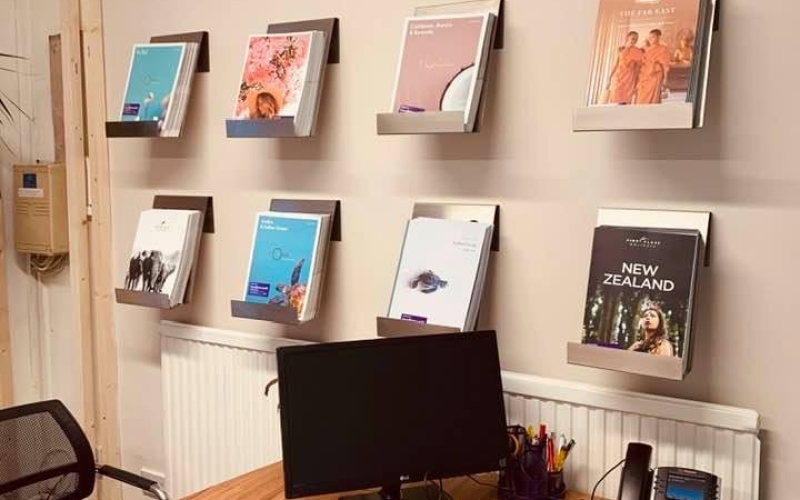
BROCHURE REDUCTION
We have substantially reduced the number of brochures we hold in the office, restricting them to the ones we use and recommend the most. Even if they are out of date we try and use them, if not they are recycled or donated to local schools.

CLOTHING & UNIFORMS
In 2019 we decided to drop the use of uniforms, which was both wasteful and difficult to maintain. Instead, we wear our own clothes, sourced as sustainably as possible – and where possible any clothes we no longer wear are given to charity.
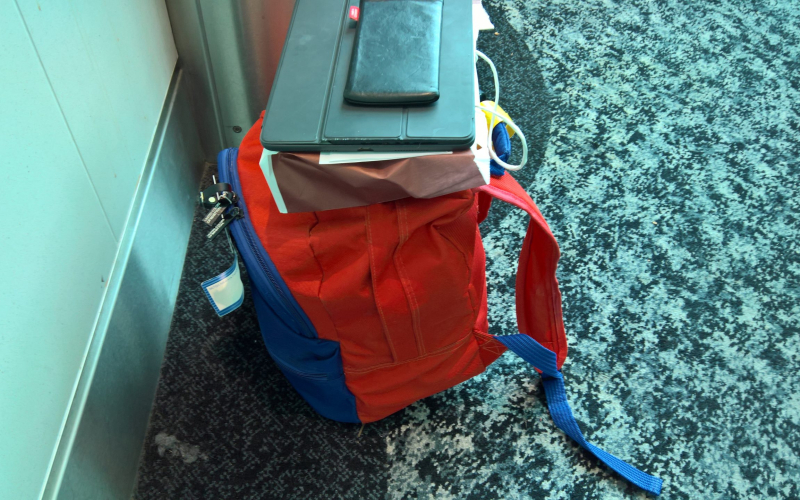
TRAVEL LIGHTLY
We practice what we preach, and travel as lightly as possible. On short trips, just a small bag and selective packing on longer trips. It’s best to work out what you’re going to wear, and exactly what you need before travelling.

RECYCLE
Since we moved to our new office, we have improved the recycling system within the building, and as well as reducing the overall amount of paper we consume, what we do produce we recycle.







